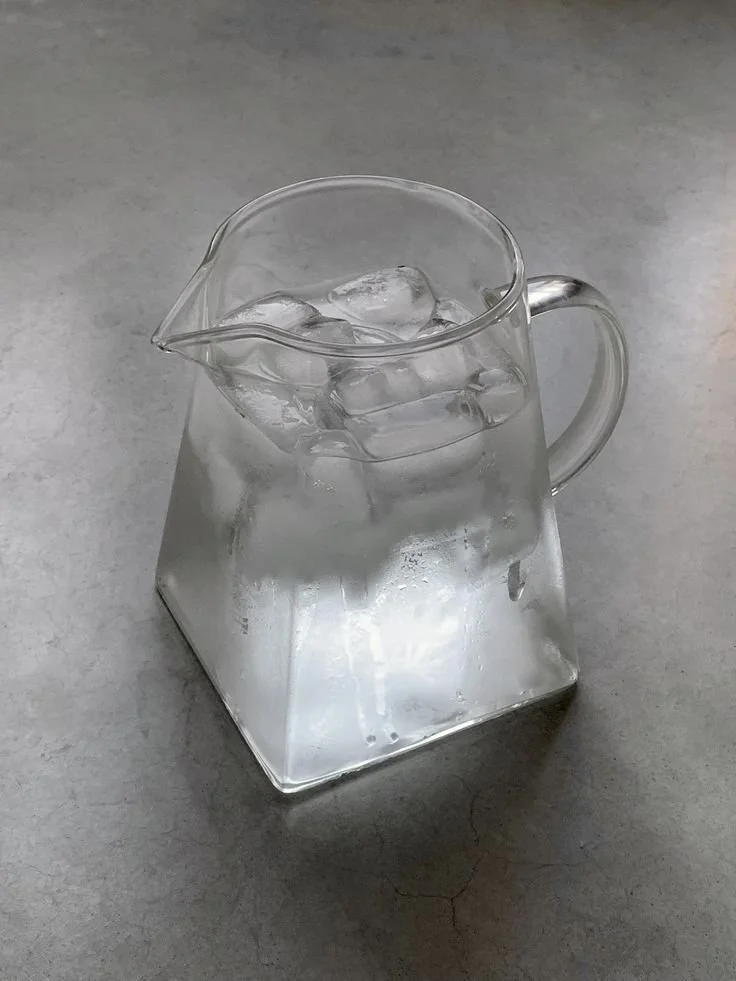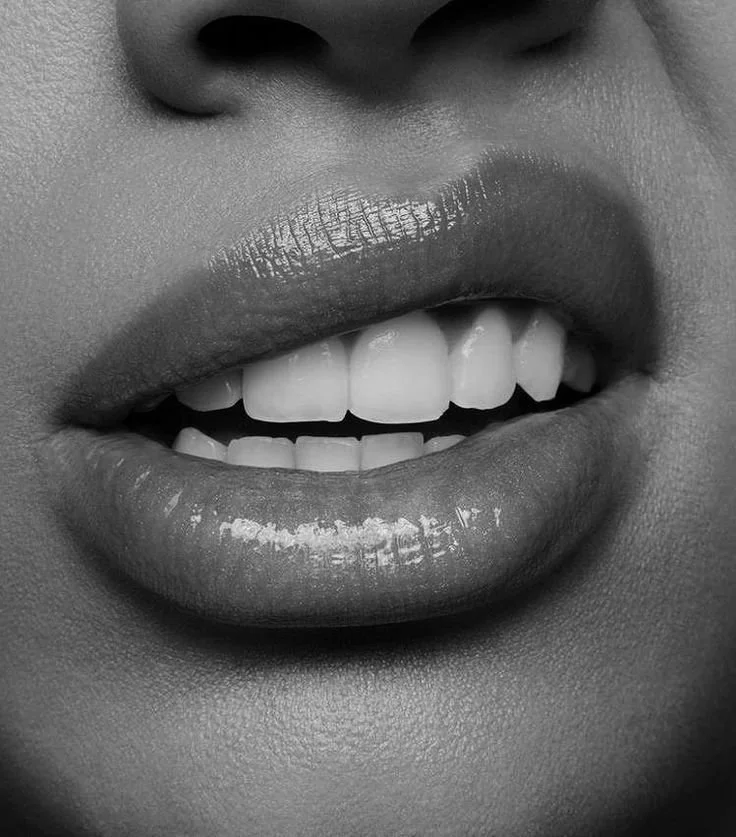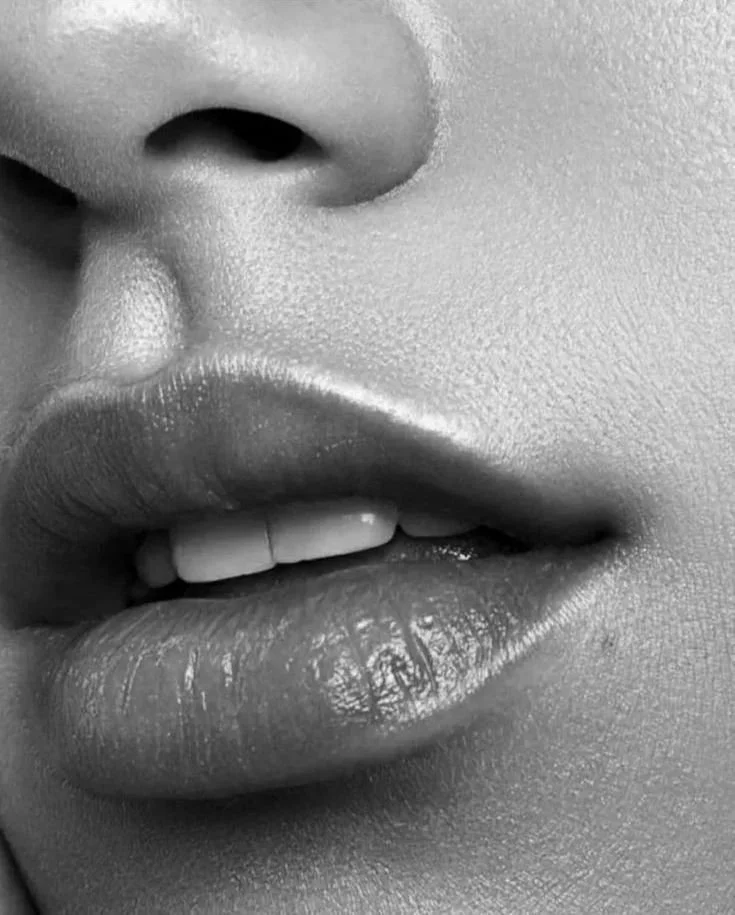Adolescence is a period of immense growth and exploration. However, it also often presents a unique set of challenges that can derail young people from what should have been a positive trajectory. One such challenge is substance abuse, which is further proven by reports, revealing that 70% of 8th graders have easy access to substances like marijuana.
The drug allure often exerts a powerful influence on young minds and can have long-term mental health effects that go well past adolescence into adulthood. This can have wide implications on their health and well-being and must be addressed by parents, educators, and society as a whole to understand the underlying reasons behind this behavior and work toward prevention and intervention strategies.
In this article, we have a look at the possible consequences of substance abuse on teens and how they can be led toward a positive path of support, treatment, and recovery.
No. 1
Impaired brain development
Adolescence is a time of rapid development where children transition into adulthood. It is also the same period the teenage brain undergoes significant neurological changes to shape cognitive and emotional regulation.
Unfortunately, substance abuse can disrupt these developmental processes. The risk of long-term consequences is extremely high and can be detrimental for a teenager who progresses into adulthood with these deficiencies.
Scientific research has shown that drug and alcohol abuse during the early years of development interferes with neural pathway formation. According to medical journals, this is what influences impulse control, memory, and decision-making processes.
Potential outcomes of teenagers or adolescents abusing drugs are that they may begin to fail in school, experience impaired judgments, and may have difficulties engaging in social interactions. These negative consequences can happen in cases of prolonged substance use and vary depending on the drug of choice.
It will be unhealthy for teenagers to find themselves in a cycle of dependency from their teen years through adulthood as it will be more difficult to resolve an addiction that has formed early in life. Setbacks begin to stack up against them, preventing them from progressing and growing during their most foundational stages of life.
No. 2
Impact on mental health
Psychological issues such as anxiety, depression, and trauma are often associated with prolonged substance use. For teenagers, the burden is further aggravated because they lack the necessary skills to properly navigate these emotions.
The teen phase is already a time mixed with immense psychological and emotional changes spurred on by an influx of hormones; this makes them more prone to mental health issues and also worsens any underlying conditions when substance use comes into the picture.
Substance abuse in teens can cause neurochemical imbalances that may persist throughout their lives. These mental health disorders may deter teenagers from seeking help, especially because they also feel ashamed to talk or confide in others about their drug use.
To address these issues and prevent a drug addiction from persisting any further, finding a reputable mental health facility with experience in handling such challenges among teenagers is helpful. Mental illness and substance abuse are intertwined but must be treated as two separate conditions.
No. 3
Disruption of social and family relations
Reports indicate that many individuals are estranged from family and loved ones because of persistent drug abuse. While seeing someone you love descend into an abyss because of their substance abuse can be overwhelming, it is common that they may be unwilling to receive help from those who care about them.
When family bonds erode, it can be difficult to repair them, and that in itself is an emotional and psychological burden that causes them to detach and seek shelter elsewhere. Some teenagers may also respond to the disruption of social and family relations with erratic behavior, causing further division within their relationships.
For example, a possible run-in with the law may cause family members to detach, further isolating them. The ripple effects are enormous and may have negative consequences for any teenager who needs a strong support system to thrive.
Fortunately, these disruptions can be repaired with professional intervention.
Takeaways
Teenagers can overcome the stresses and challenges that are presented with a substance addiction, but only with the right support systems. It is within the family unit that they must receive guidance toward a healthier path.
Along with a supportive and loving environment, receiving mental health and substance abuse treatment can provide them with the tools and strategies to prepare them for a better life ahead.







































